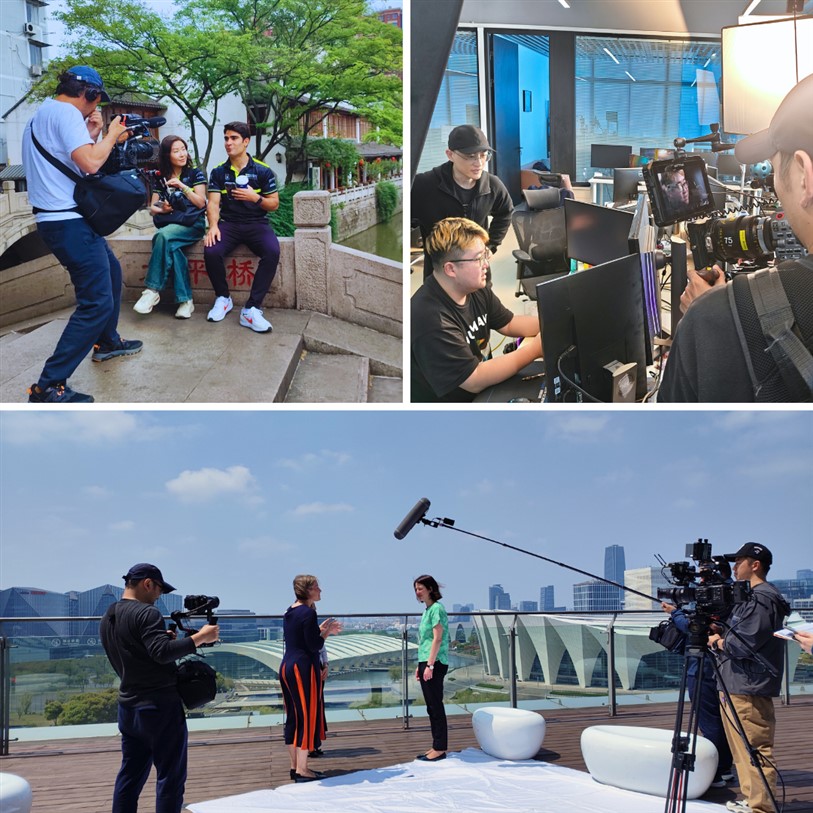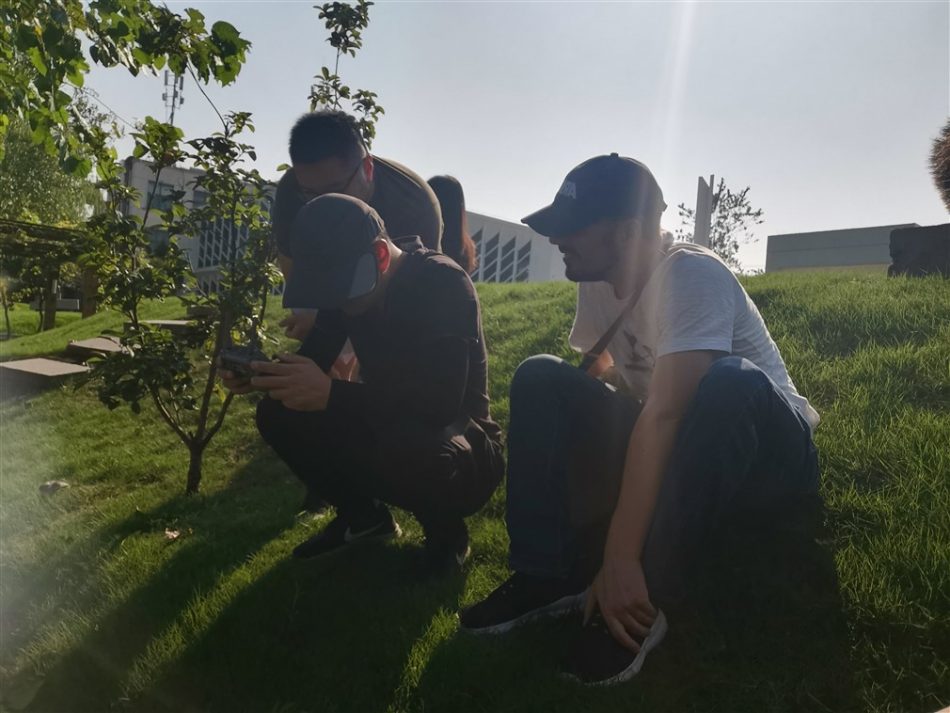Guerrilla filmmaking is the art of creating compelling visuals with minimal resources, tiny crews, and zero room for red tape. It’s spontaneous, gritty, and sometimes the only option in fast-paced environments or when permits are hard to secure. But in China, where regulations and surveillance can be tight, guerrilla filmmaking walks a fine line between creativity and consequence.
If you’re planning to shoot guerrilla-style in China, here’s what you need to know — and what you should think twice about.

🚨 Is Guerrilla Filmmaking Legal or Common in China?
Yes — guerrilla filmmaking does happen in China. From indie directors sneaking B-roll in crowded markets 🏙️ to documentarians filming on the fringes of political sensitivity, it’s more common than you’d expect.
However, just because it happens doesn’t mean it’s safe or advisable. Filming without permits in restricted or controlled areas can lead to fines, equipment confiscation, or even legal action. Chinese law often requires prior permission to film in public, commercial, or culturally significant spaces.
🛑 Important: Always explore official permitting options before considering guerrilla routes. It’s safer, and it might surprise you how accommodating local authorities can be if approached respectfully.
🔍 Tips for Guerrilla Filmmaking in China
If you still choose to go guerrilla, consider these practical tips to help mitigate risks:
🎥 1. Scout Your Location in Advance
- Visit your target location a day or two before your shoot.
- Check for guard activity, lighting conditions, and exits.
- If possible, discreetly talk to locals or on-site staff to gauge tolerance for casual filming.
👜 2. Pack Light, Shoot Smart
- Use compact, mirrorless cameras (like the Sony A7 series or Blackmagic Pocket).
- Avoid big rigs, jibs, or gimbals that scream “film shoot!”
- A simple monopod or handheld rig can go a long way.
🧑🤝🧑 3. Keep Your Crew Minimal
- Limit your team to essential roles: 1 camera op, 1 sound, 1 director.
- Fewer people = fewer eyes = fewer problems.
🎁 4. Small Tokens Can Go a Long Way
- In remote areas, a polite conversation and small gift (like water, snacks, or cigarettes) can help ease tension.
- Never offer cash — it can be seen as bribery.
🎭 5. Rehearse & Plan for Speed
- Brief your cast and crew. Time is precious on guerrilla sets.
- Know your blocking, dialogue, and exit strategy.
- Film in short bursts; stay agile.
👀 6. Assign a Lookout
- Always have someone on the lookout for security or officials.
- Equip them with a walkie-talkie or phone to alert the team.
- Know when to call it quits and relocate.
📍 Where Guerrilla Filmmaking Might Work in China
- Busy urban streets (e.g., Shanghai’s French Concession or Beijing hutongs) often have enough foot traffic to blend in.
- Markets and street vendor areas can offer rich visual stories if you’re respectful.
- Natural locations or abandoned places sometimes offer fewer obstacles — but always respect the environment and locals.
🧾 What About Permits, Drones & Visas?
- Permits: Many provinces require permits even for public spaces. Without them, you risk shutdowns.
- Drones: Heavily restricted. Major cities like Beijing and Shanghai require flight approval and pilot licenses.
- Visas: Business or journalist visas are ideal. Tourist visas may be tolerated but are not legally safe for work-based activities.
🎤 Final Thoughts
Guerrilla filmmaking in China is a high-risk, high-reward strategy. It can yield unique footage that might not be possible through traditional channels. But it also brings potential legal and safety concerns.
🎯 Our Advice: Be strategic, respectful, and ready to adapt. Always research the legal landscape, and when possible, partner with a local fixer or producer to help you stay within the law.
📩 Have questions or need local support for your production in China? Reach out to us at [email protected] — we’re here to help.




